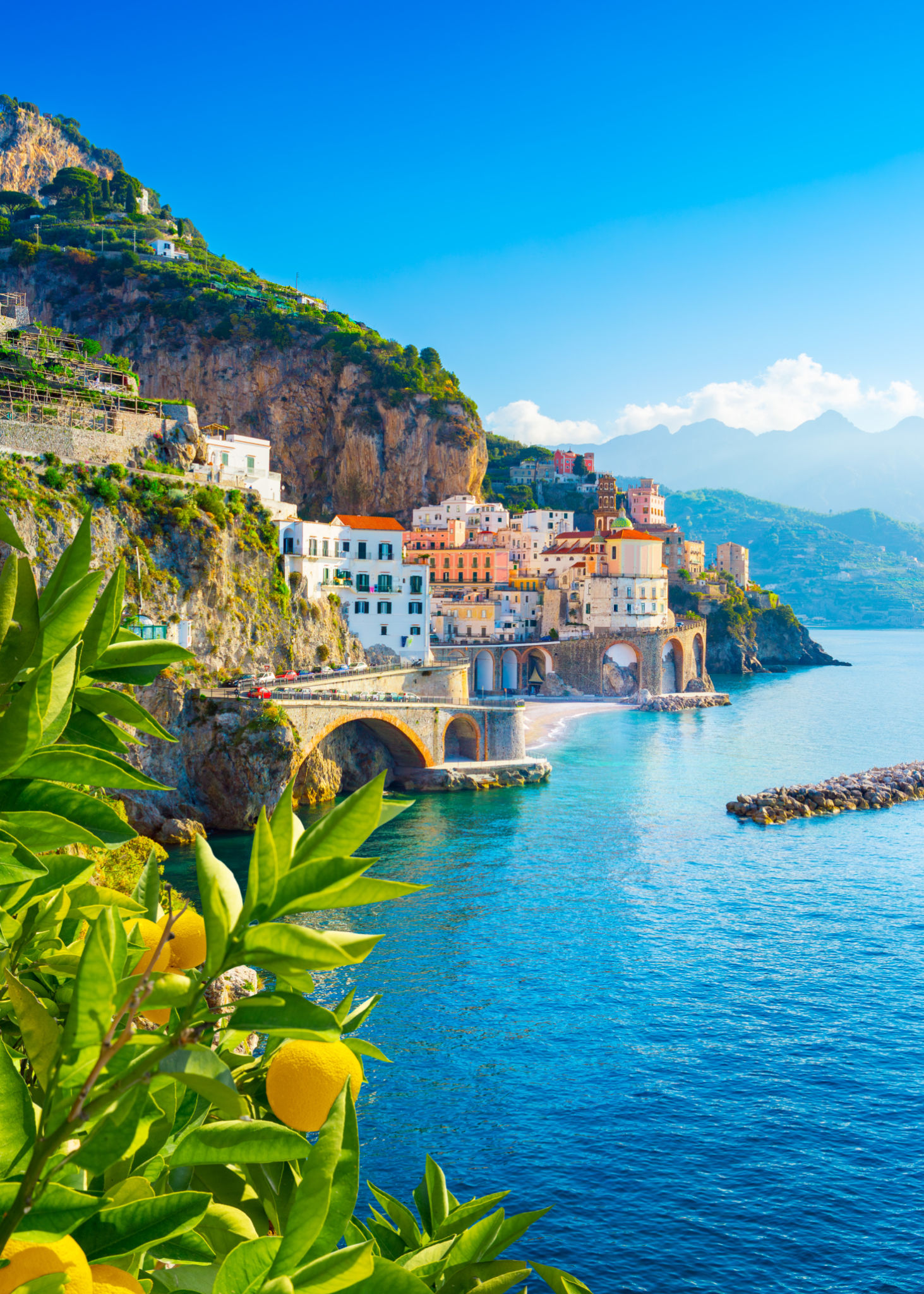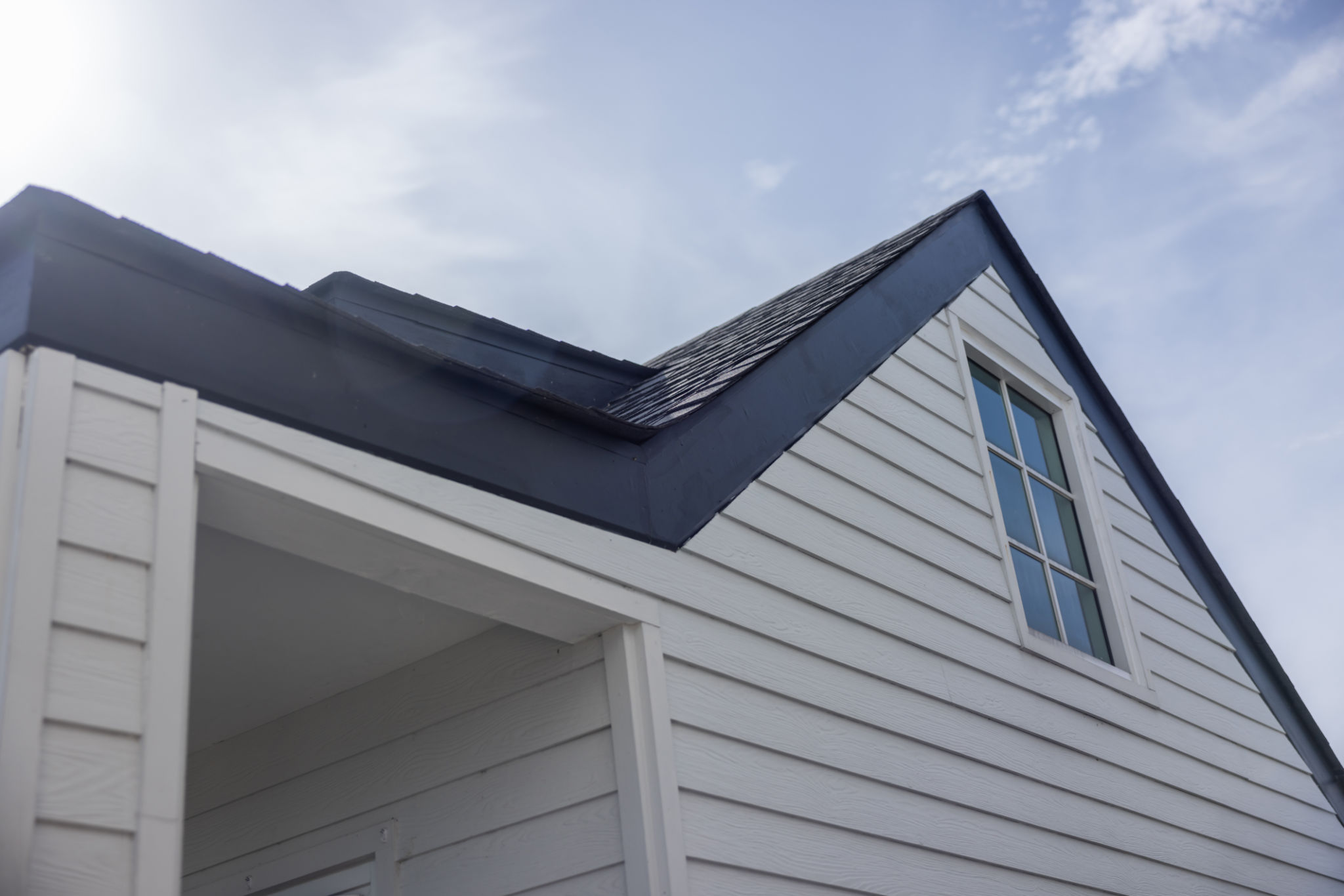Understanding the Costs Involved When Purchasing a House in Italy
Introduction to Purchasing Property in Italy
Buying a house in Italy is a dream for many, offering picturesque landscapes, rich culture, and a vibrant lifestyle. However, understanding the financial aspects involved is crucial for a seamless buying experience. This guide will walk you through the various costs associated with purchasing a property in Italy.

Initial Costs: The Price of the Property
The primary cost when purchasing a house in Italy is, of course, the price of the property itself. Prices vary greatly depending on the location, size, and condition of the house. Urban areas like Rome or Milan tend to be more expensive compared to rural regions. It's important to research and plan your budget accordingly.
Legal Fees and Notary Costs
Legal fees are an essential part of the purchasing process in Italy. Hiring a solicitor to handle the legal aspects ensures that the transaction is smooth and all paperwork is compliant with local laws. In addition, notary fees are mandatory and cover the registration of the property purchase. These fees typically range from 1% to 2% of the property's purchase price.

Agent Commissions
Real estate agents play a significant role in the property market in Italy. Their commission, which usually ranges between 3% to 8% of the purchase price, is an added cost that buyers should factor into their budget. It is advisable to negotiate this fee before entering into any agreements.
Taxes: Registration and VAT
When buying a house in Italy, understanding the tax implications is vital. The main taxes involved are the registration tax and Value Added Tax (VAT). The registration tax varies depending on whether it's a primary residence or a second home. For non-residents purchasing their first home in Italy, the rate is typically lower.
- Registration Tax: Generally 2% for first-time homebuyers.
- VAT: Usually applicable on new builds at a rate of 10%.
Ongoing Costs: Maintenance and Utilities
After purchasing your dream home, consider the ongoing costs such as maintenance and utilities. These costs include property management fees, repairs, and regular upkeep necessary to maintain the property's value and functionality.

Insurance Costs
While not mandatory, it is highly recommended to insure your property in Italy. Home insurance protects your investment against unforeseen events such as natural disasters or accidents. The cost of insurance varies based on coverage level and property value.
Conclusion: Financial Planning is Key
Purchasing a house in Italy involves several costs beyond the purchase price. From legal fees to taxes and ongoing maintenance costs, it's essential to understand each component to plan your finances effectively. By doing so, you can enjoy your Italian home without unexpected financial stress.
